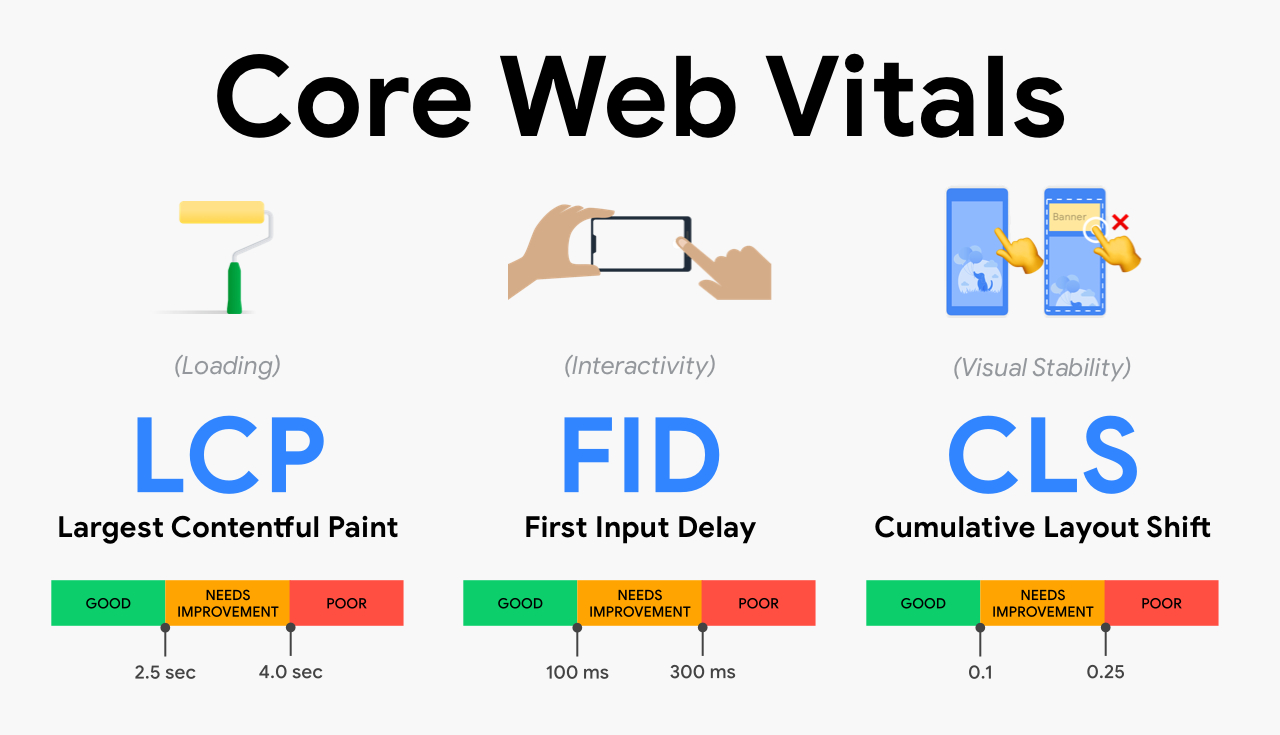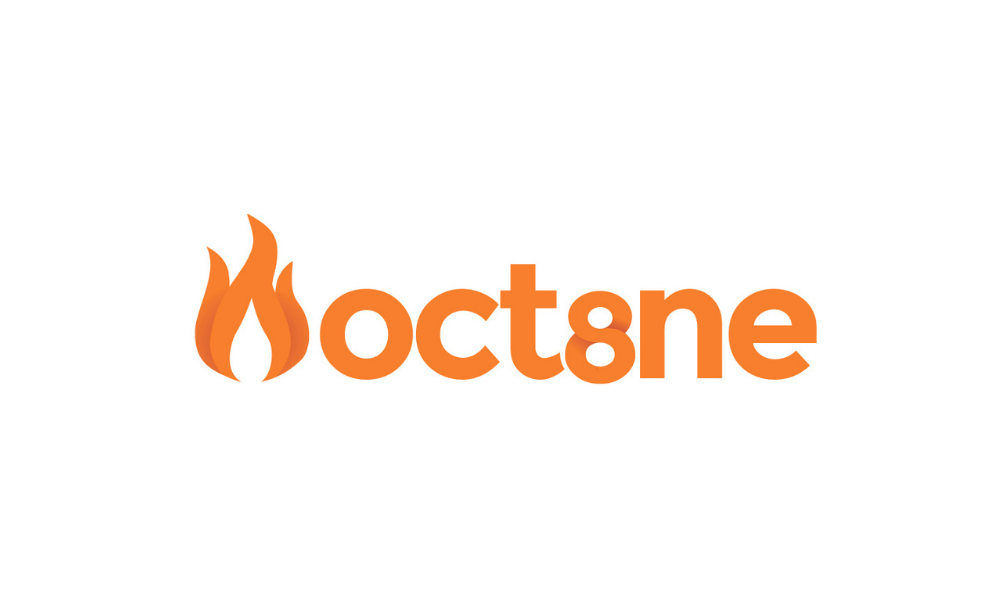At a general surprise, Google announced on Monday, August 10th, a significant restructuring. Google Inc. will, in the coming weeks, give way to Alphabet Inc., a conglomerate in which Google will now be just one subsidiary among others. What are the reasons and possible consequences of such a strategy?
A Clearer Division of Group Activities
Critiqued by investors for a lack of clarity in the group’s results, the Mountain View company has undergone a radical change in strategy. Enter Alphabet, “a collection of companies,” according to Larry Page, Google’s co-founder. In recent years, the company had made multiple acquisitions of innovative startups, thus diversifying its scope of activity. Nest, specialized in connected devices, and Calico (health) have complemented Google Fiber (optical fiber), Google X (research), Sidewalk Labs (urban logistics), and the core business activities of the company (YouTube, Chrome, Android, search engine, etc.).
With Alphabet – which will oversee everything – each of its activities will become a company with its own accounting and a CEO at its helm. This restructuring seems primarily designed to address Wall Street’s criticisms of the overall profitability of the Californian company. By making Google a simple subsidiary, Larry Page and Sergey Brin hope to reassure investors about the profitability of Google’s traditional activities. With the recent arrival of Ruth Porat, a former Morgan Stanley executive, as CFO, this is the second strong signal that Google has sent to Wall Street in recent months. The message seems to have been perfectly understood: the company’s stock rose by 6% on the day of the announcement.
A Restructuring Allowing Talent to Blossom
The big winner of the creation of Alphabet is Sundar Pichai. The Indian engineer has quietly climbed the ranks of Google in recent years. From product manager, he is now propelled to the head of Google, now a subsidiary of Alphabet. His responsibility is widened: he will take care of all the company’s traditional activities, the most profitable ones. Courted by Twitter 4 years ago, Google did everything to keep him on board: he enjoys the full trust of Larry Page. Alphabet, through its collection of companies, will have the beneficial effect of creating leadership teams and career opportunities in each of them, to better retain talent. With fierce competition in Silicon Valley, many have been approached in recent years. Google’s strategy could thus also respond to internal management imperatives.
Questions Raised by the Creation of Alphabet
Larry Page has never hidden his admiration for Warren Buffet. Alphabet is, in this sense, inspired by the Berkshire Hathaway holding of the American investor. With one difference, however: while all of its subsidiaries are economically viable, this is not the case for Alphabet’s companies. Google X, specialized in futuristic technology research (Google Glass, driverless cars, neural implants…) and Calico, seeking innovative medical solutions, are largely deficitary. Will the rationalization effort undertaken by the Mountain View company be compatible with investors’ short-term view? Will the “moonshots,” these sometimes science-fiction-like researches, continue to be funded? These questions seem legitimate, and many American analysts fear increased pressure on Alphabet to get rid of the least viable subsidiaries. Investors are particularly concerned about expenditure inflation: it increased by 23% last year. With Alphabet, the different subsidiaries should thus be more cautious.




